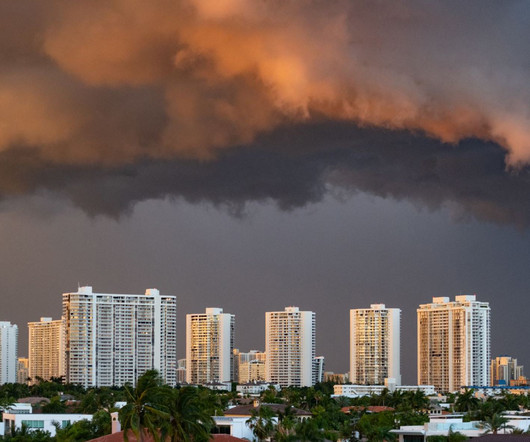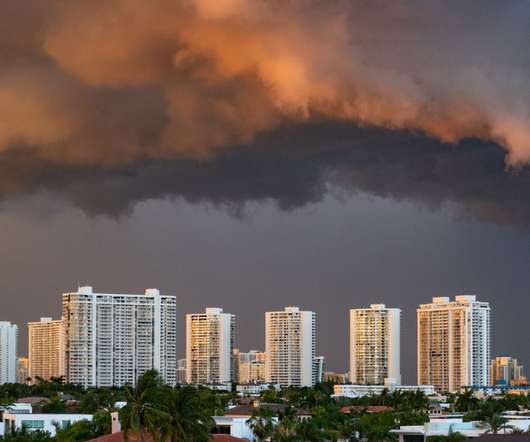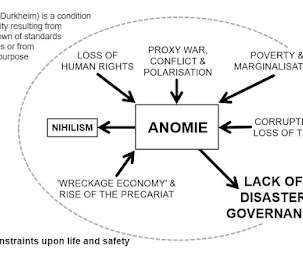A Resilience Charter
Emergency Planning
MARCH 23, 2022
Safety’ refers to protection against major hazards such as storms, floods and industrial explosions. National standards should be developed to ensure that emergency plans are functional and compatible with one another, and that they ensure the interoperability of emergency services and functions. The citizen 4.1














Let's personalize your content